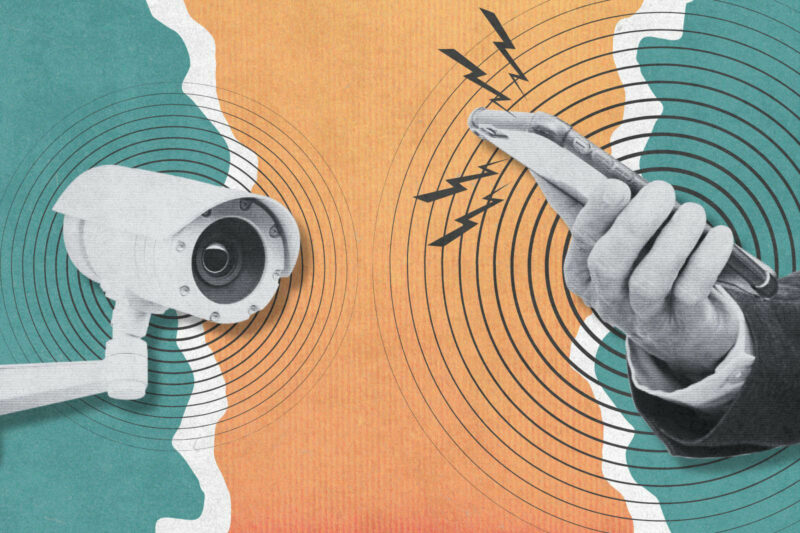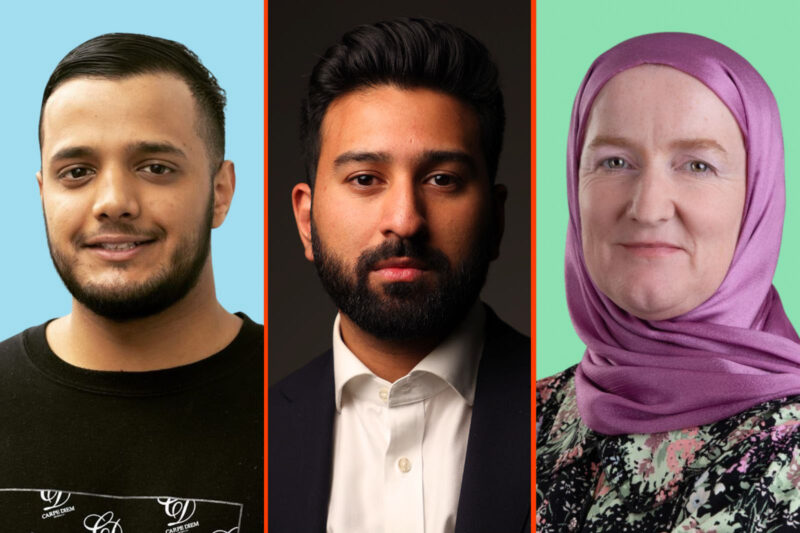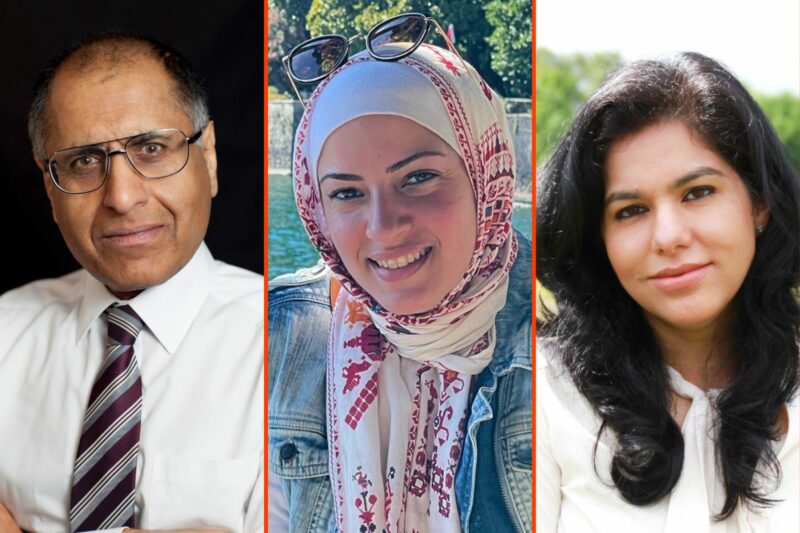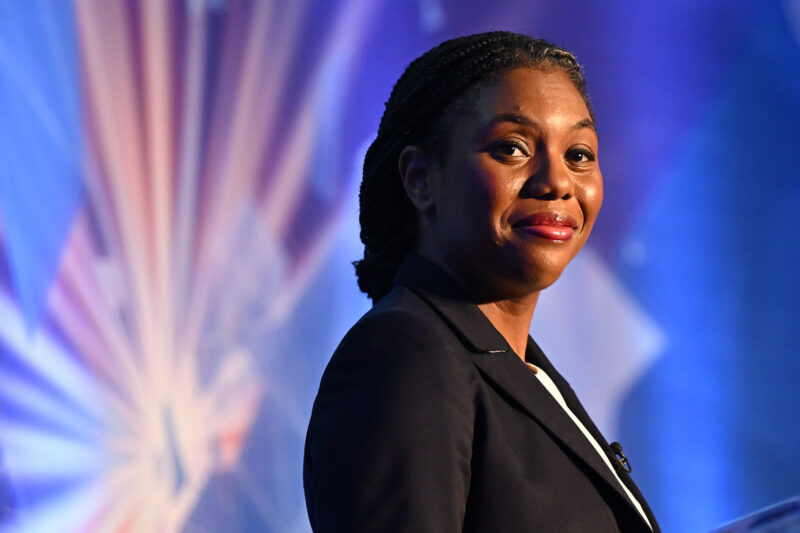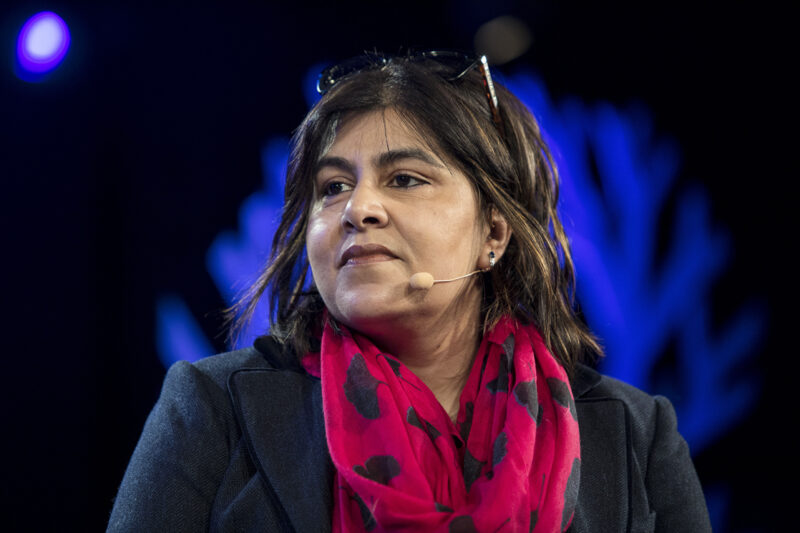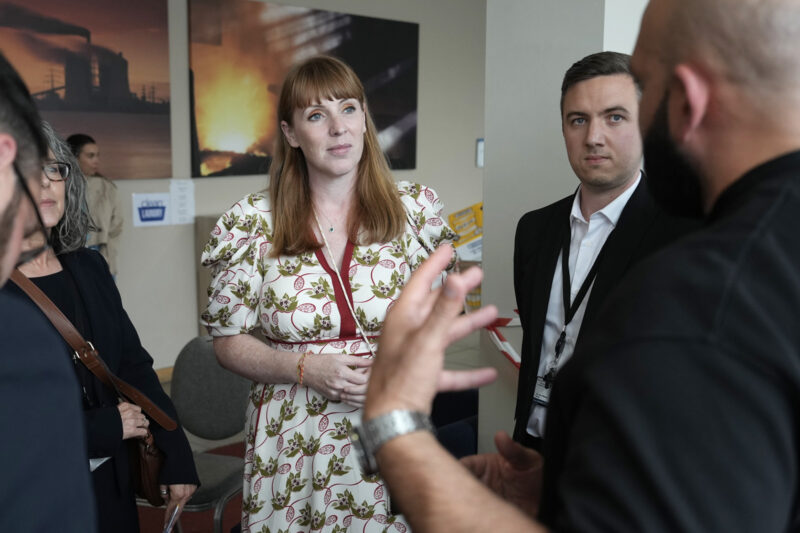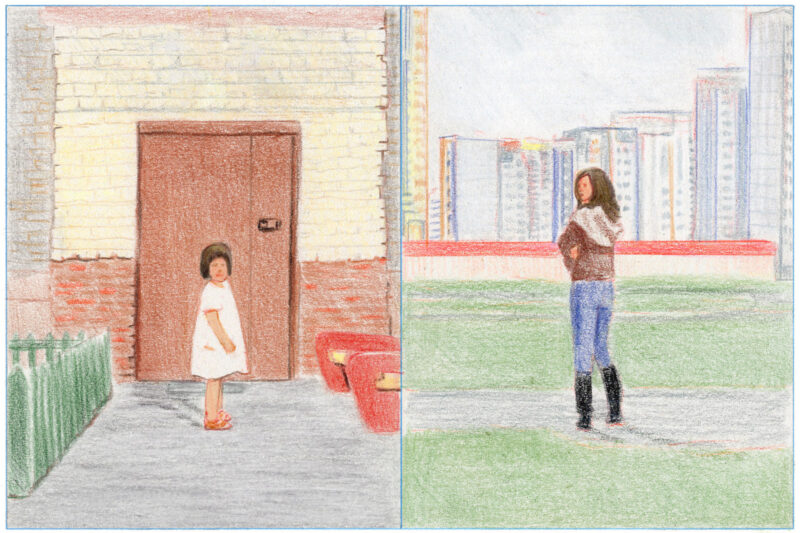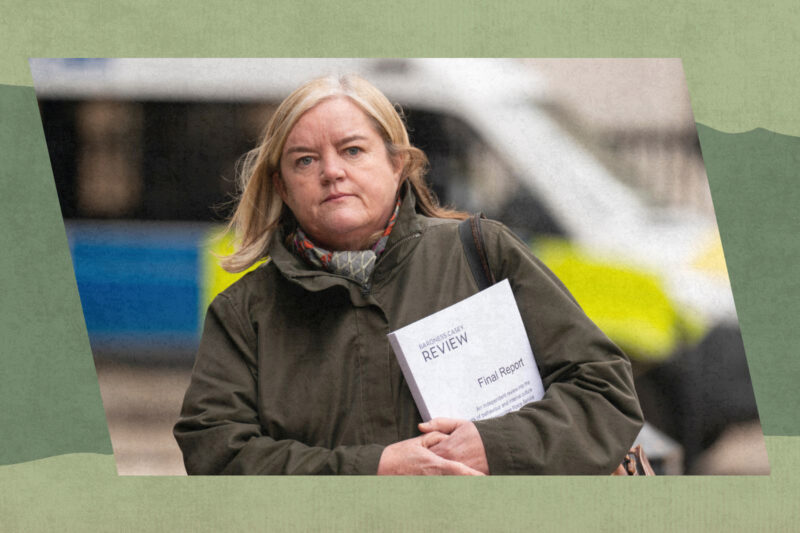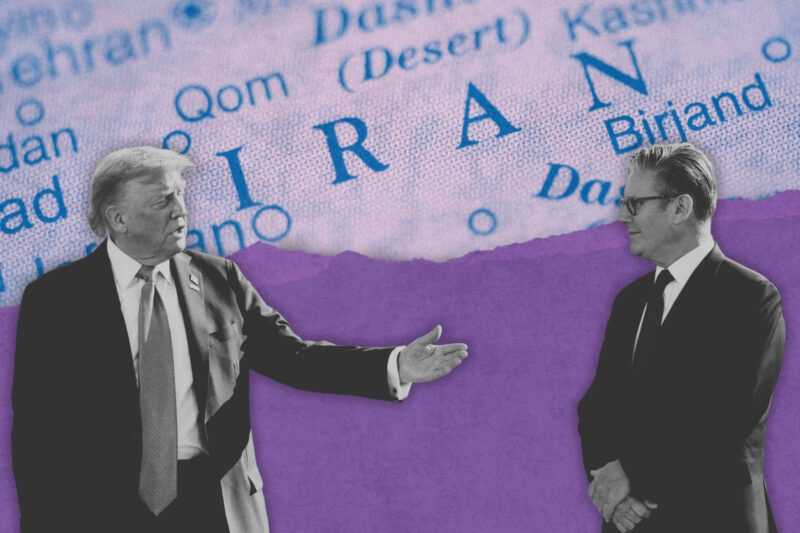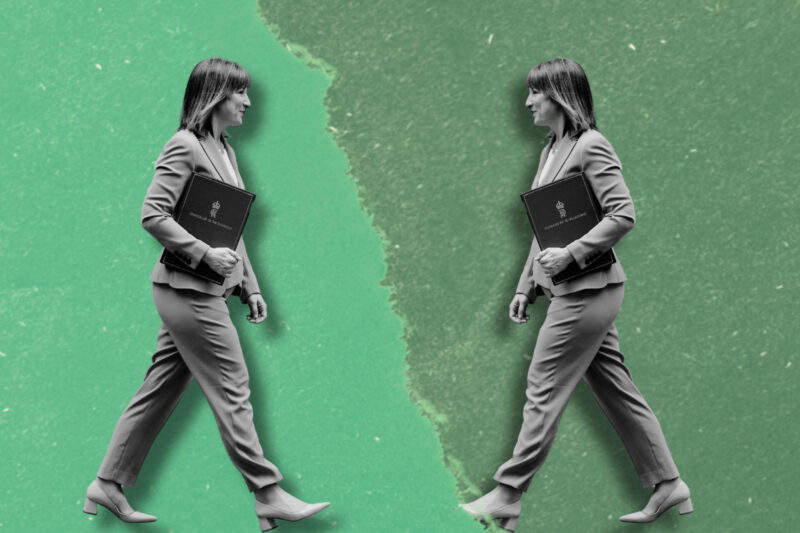While politicians play around with words like ‘extremism’, Muslim women feel the real consequences
Michael Gove and other Conservative MPs are locked in petty squabbles over terms such as ‘Islamophobia’ and ‘anti-Muslim hate’, making these words meaningless in the face of our lived experience
–
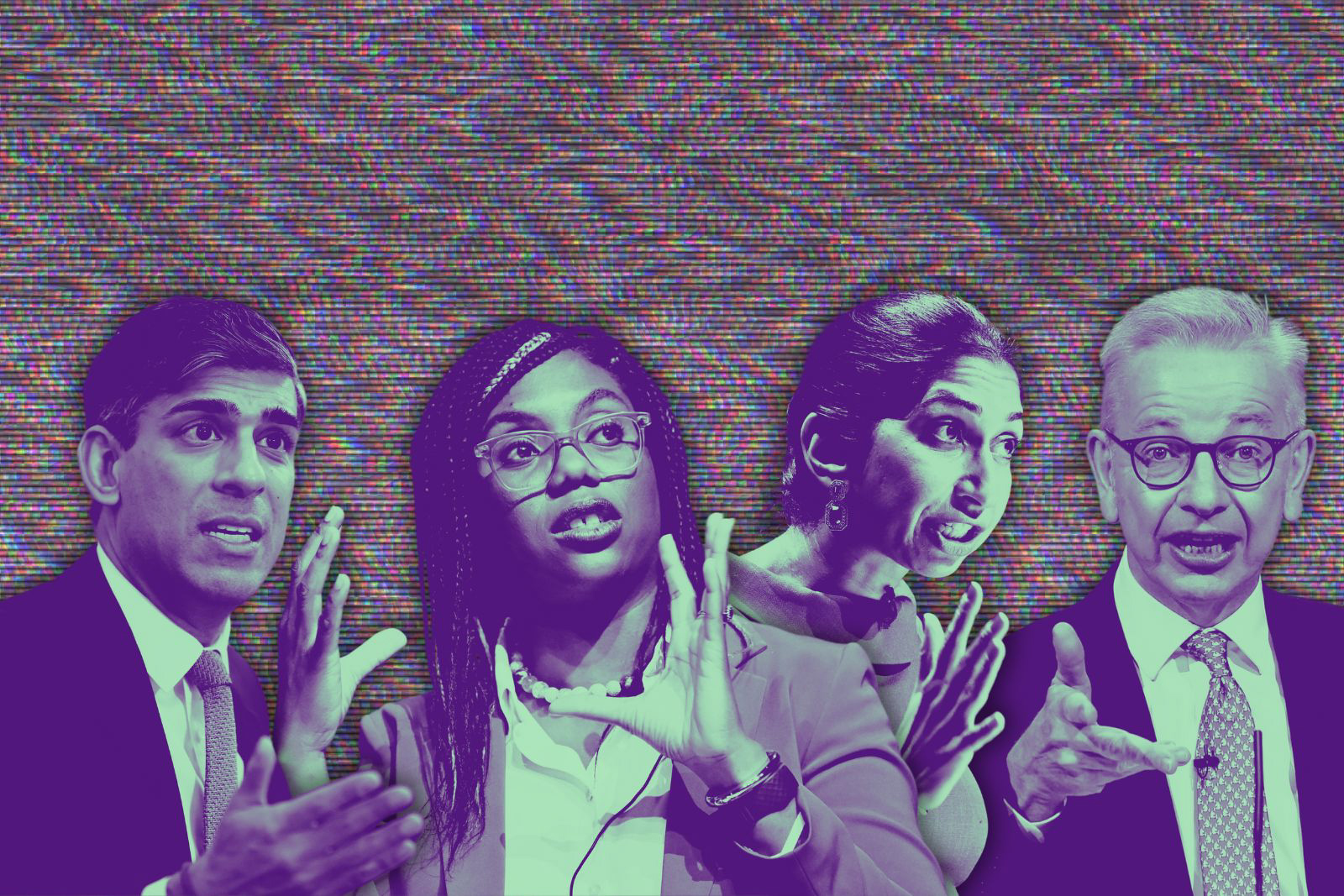
I’ve been called a terrorist too many times to count — two of them in front of my tearful young children. While I’ve been walking down the street, men have attempted to forcibly remove my hijab. Shortly after the 7 October attacks, someone threw a glass bottle at me as I was entering a central London underground station on my way home. Those experiences are all clearly linked to my visible Muslim identity. During professional networking sessions, I’ve also been told that my appearance isn’t suitable for on-air media roles, regardless of my qualifications or expertise.
Such incidents are obvious acts of Islamophobia, yet while these attacks happen to people like me every day, political parties are playing around with terms and definitions of hatred towards Muslims, deflecting attention from the urgent need to address the root causes of Islamophobia.
On Thursday, secretary of state Michael Gove released a new definition of extremism as “the promotion or advancement of an ideology based on violence, hatred or intolerance”, naming three Muslim-led organisations — Muslim Association of Britain, Mend and Cage — that would be examined under this new terminology. As the announcement comes as politicians argue over terms such as “Islamophobia” and “anti-Muslim hate”, it only adds to the increasing isolation of our communities. These discussions reverberate through the lives of British Muslims, shaping our experiences in profound and often devastating ways.
In recent weeks we’ve seen the resurgence of a longstanding Tory dispute over the term “Islamophobia”, which lacks an official definition in the UK. Kemi Badenoch, the business secretary, stated in February that the government’s preference lies with “anti-Muslim hatred”, and went as far as warning against formalising “Islamophobia”, suggesting that such a move could inadvertently pave the way for “a blasphemy law”.
Such conversations highlight a troubling trend. The dismissive attitude displayed by Badenoch not only undermines the severity of Islamophobia; it is also a form of discrimination in itself, further marginalising and endangering those affected. This discussion over terminology is not just a matter of semantics but a matter of risk to life and safety.
Since October, Tell MAMA, an organisation that measures anti-Muslim incidents in the UK, has reported a 335% rise in reported hate crimes against Muslims, with the majority of violence directed against women. Such statistics provide a stark reminder of the realities faced by British Muslims.
Rishi Sunak, the prime minister, his government and other political parties have all failed to realise that their silence on Islamophobia only exacerbates the problem. Last month, Suella Braverman, the former home secretary, wrote an opinion piece for The Daily Telegraph in which she stated that “the Islamists, the extremists and the antisemites are in charge now…” while the then Tory MP Lee Anderson claimed that Islamists had control of London mayor Sadiq Khan — but not one Conservative politician called out the comments for what they were: Islamophobic.
Islamophobia transcends party lines. Some Muslim Labour members no longer feel safe, citing Keir Starmer’s stance on Gaza, while calls for an inquiry into Islamophobia within the party have fallen on deaf ears. Such inaction makes it clear that anti-Muslim prejudice is not a problem exclusive to one political party but a systemic issue that permeates all levels of society.
As politicians continue to engage in petty squabbles over terminology, they’re rendering the very words they are using meaningless and are ignoring the very real problems affecting Muslims in this country.
British Muslims have long felt marginalised by the government response to Islamophobia. Condemnation and disciplinary action against perpetrators is not enough now. It is high time Islamophobia is recognised as a distinct form of hate crime. The government still does not acknowledge a proposed definition of Islamophobia created by the All Party Parliamentary Group in 2019, stating that it would affect freedom of speech. But doing so is essential to ensuring that Islamophobic incidents are accurately documented and addressed, and that victims have access to dedicated, culturally sensitive support services.
Politicians must be held accountable for their rhetoric and actions. British Muslims deserve more than hollow promises and interminable debates over language. We deserve a government that takes our concerns seriously, that listens to our voices, and that takes decisive action to combat Islamophobia in all its forms.
 Newsletter
Newsletter

